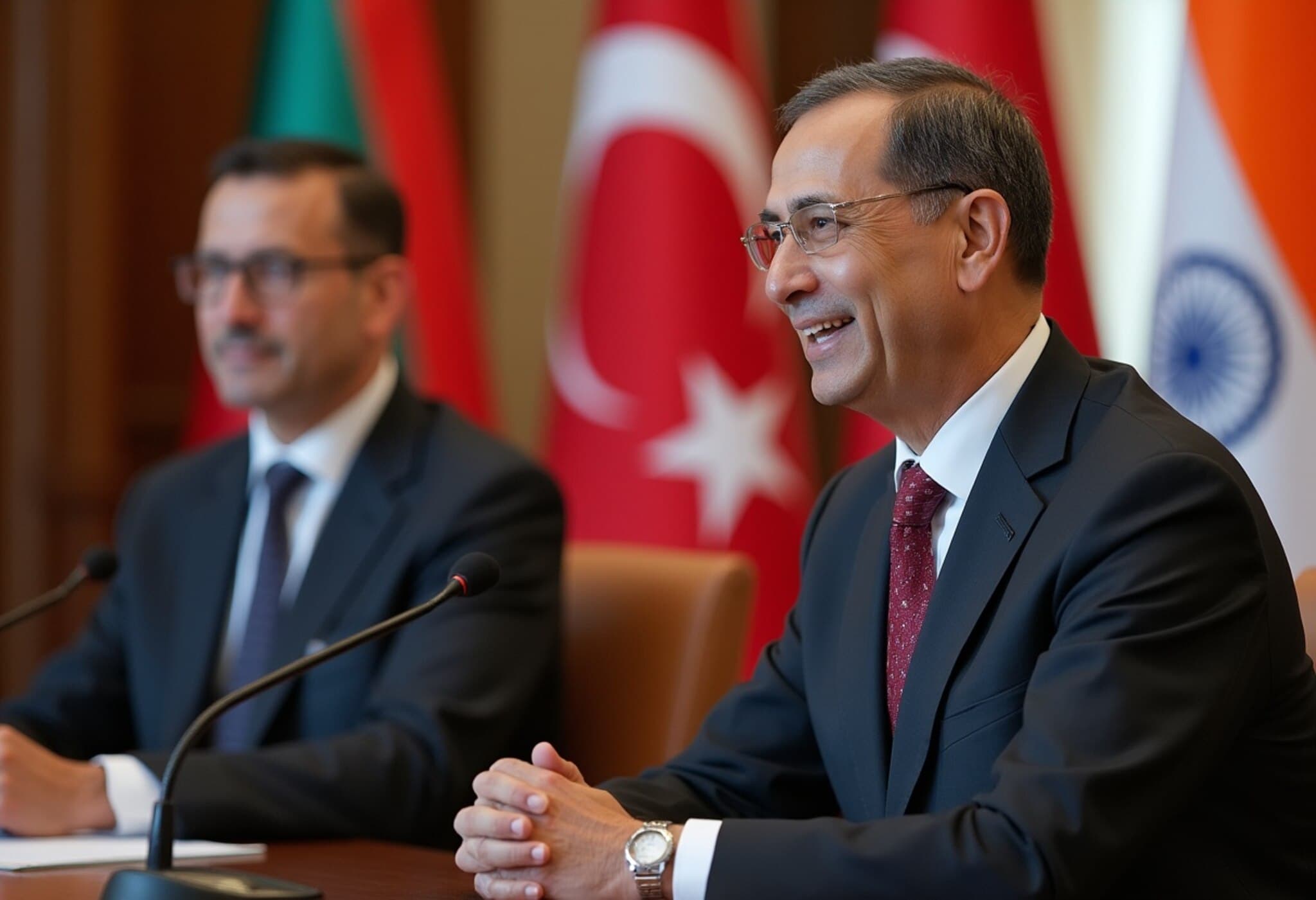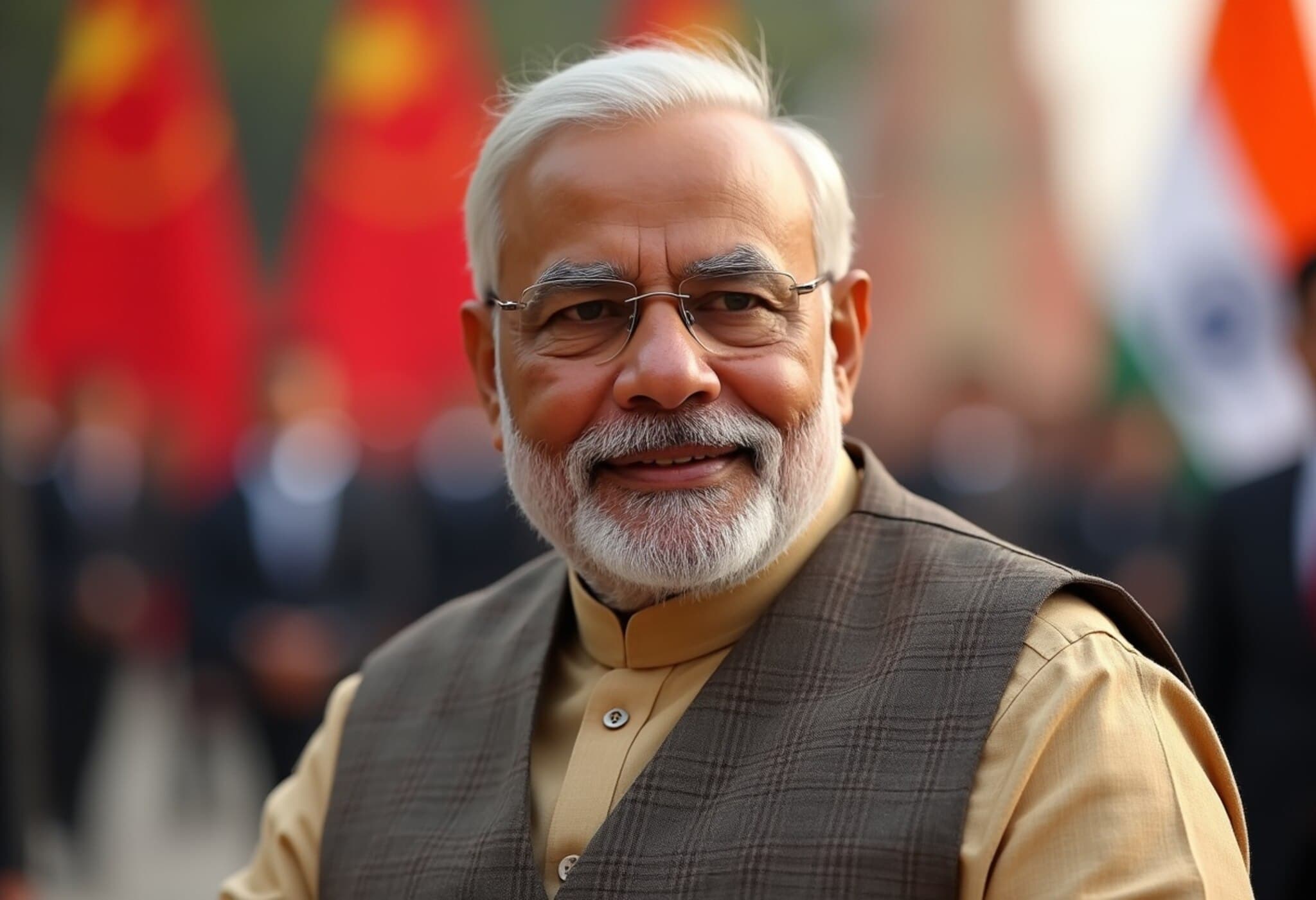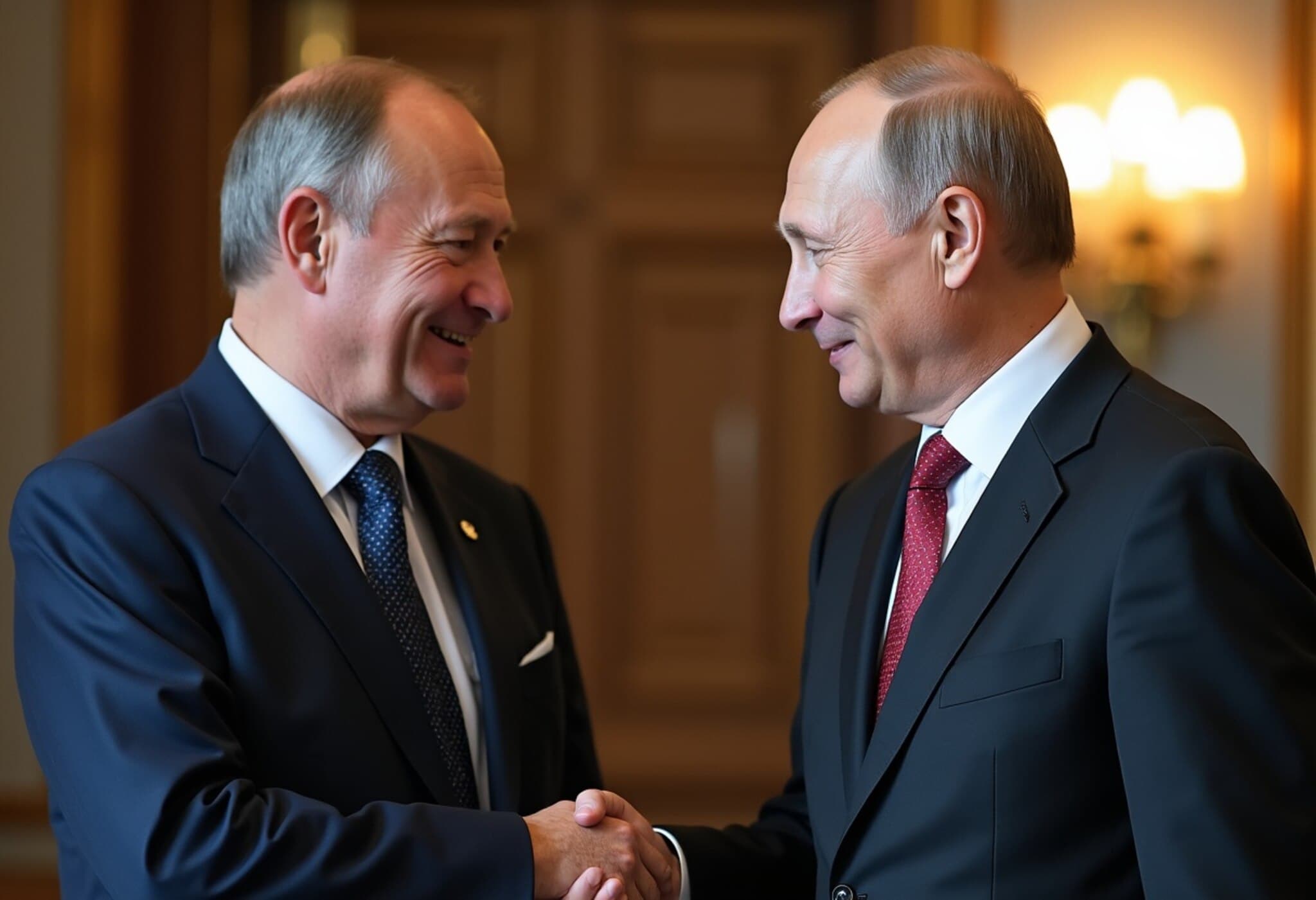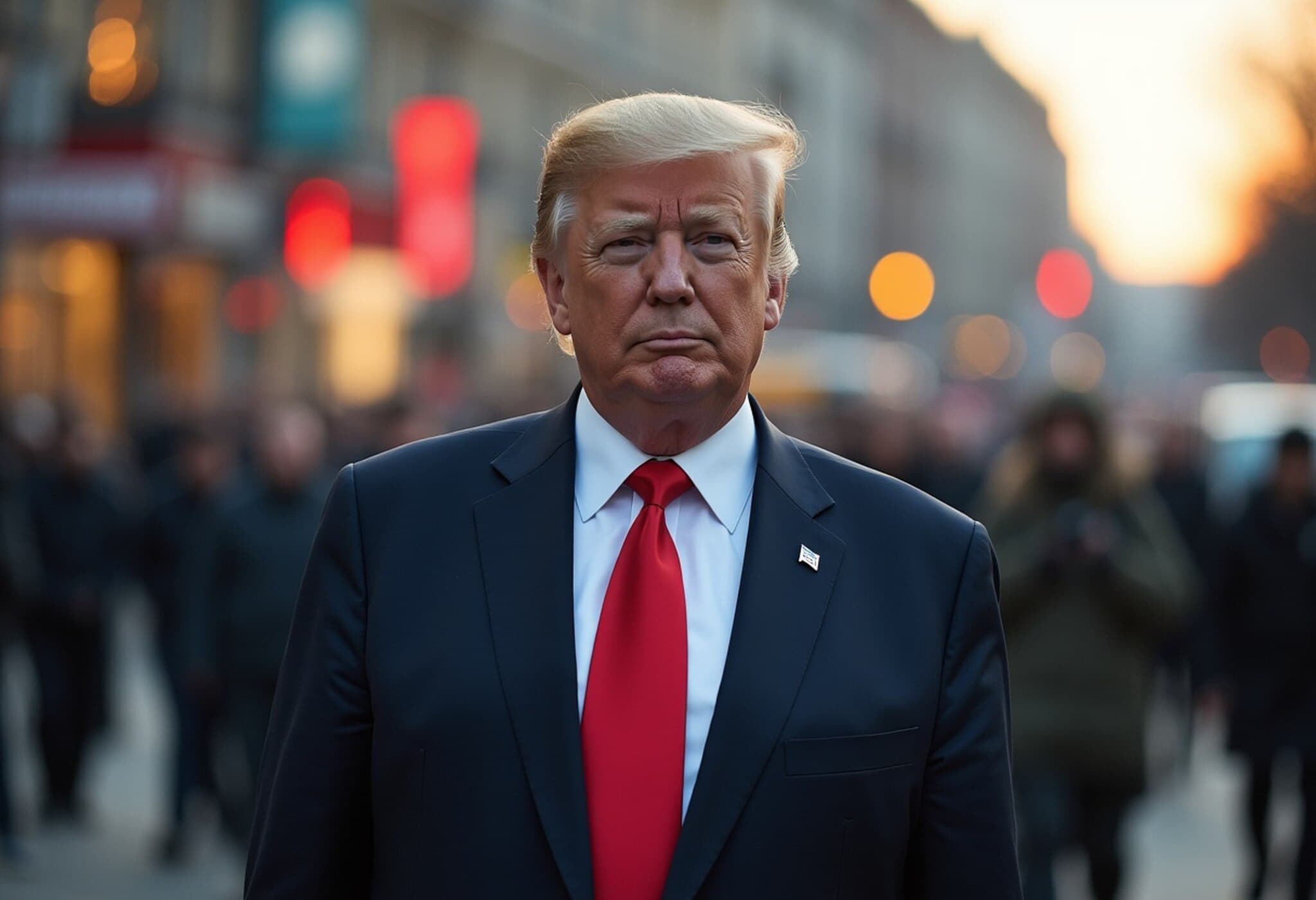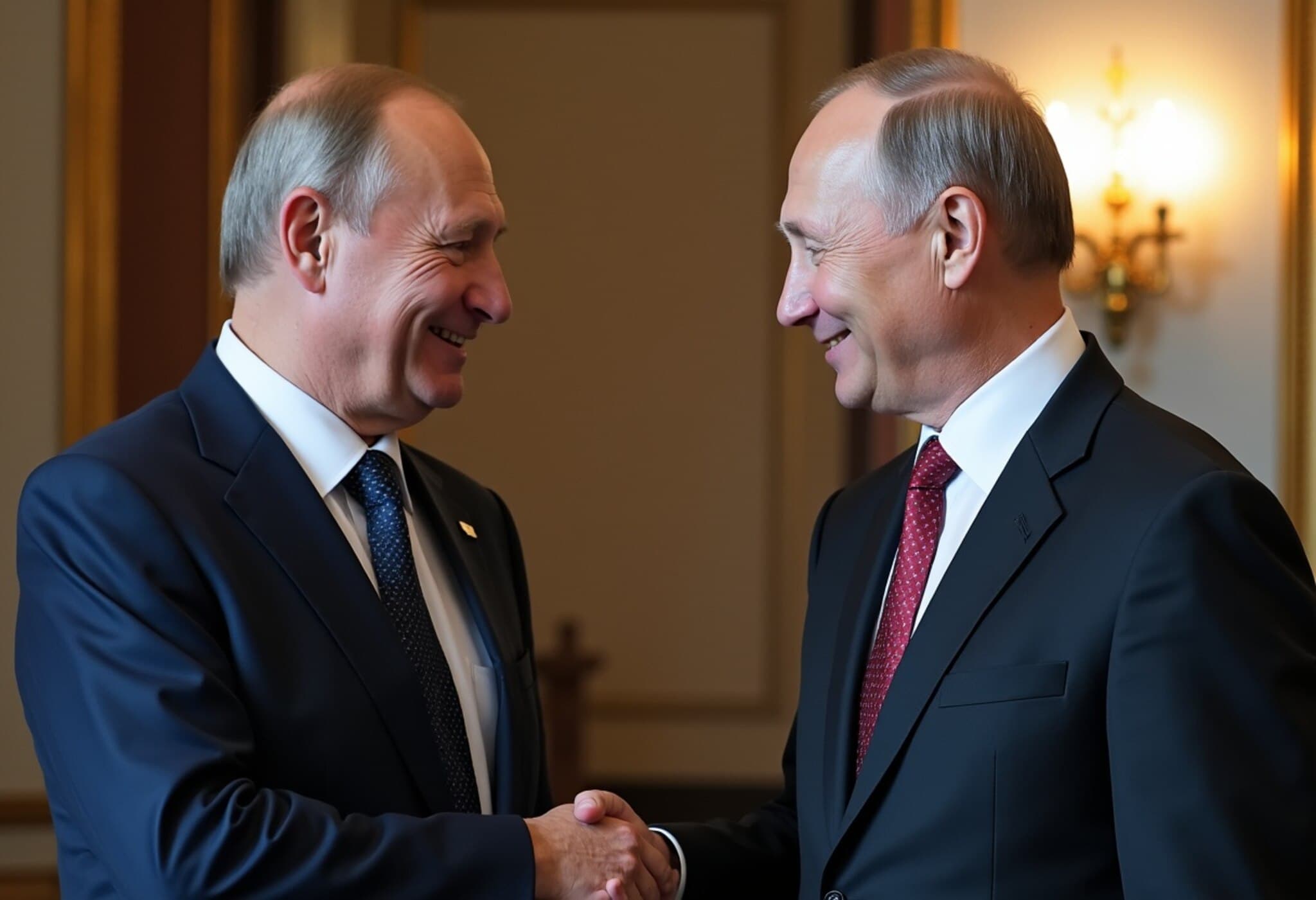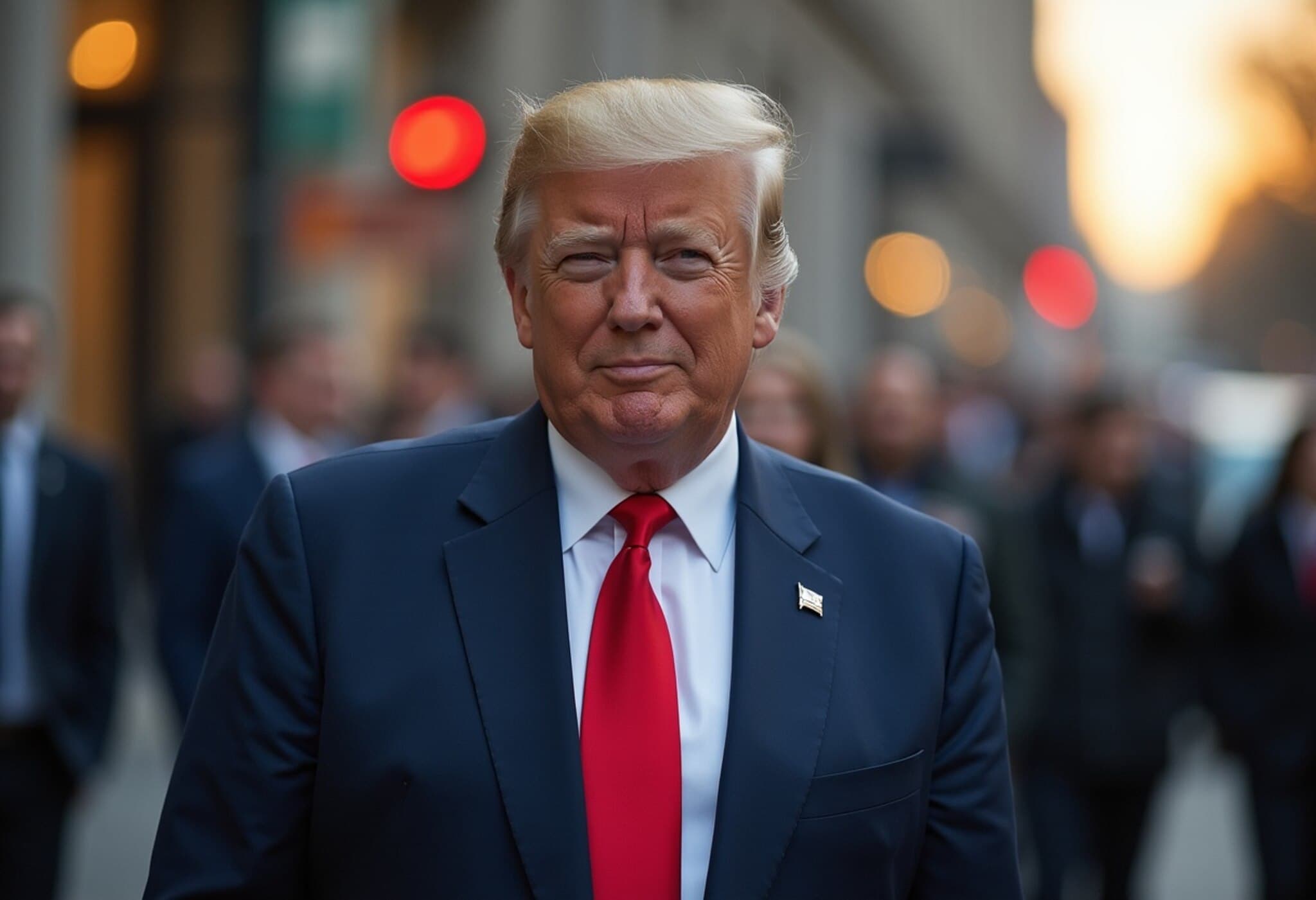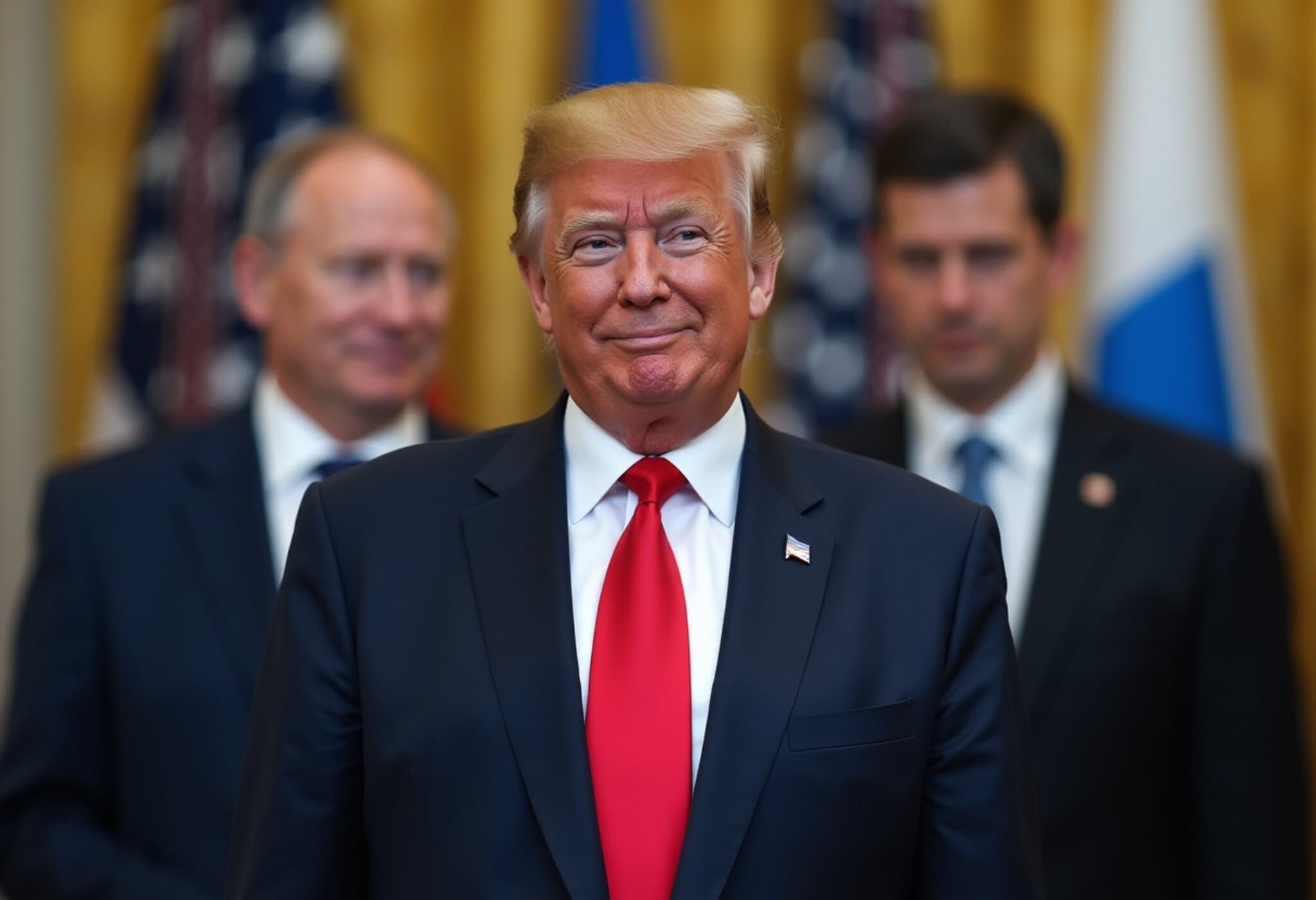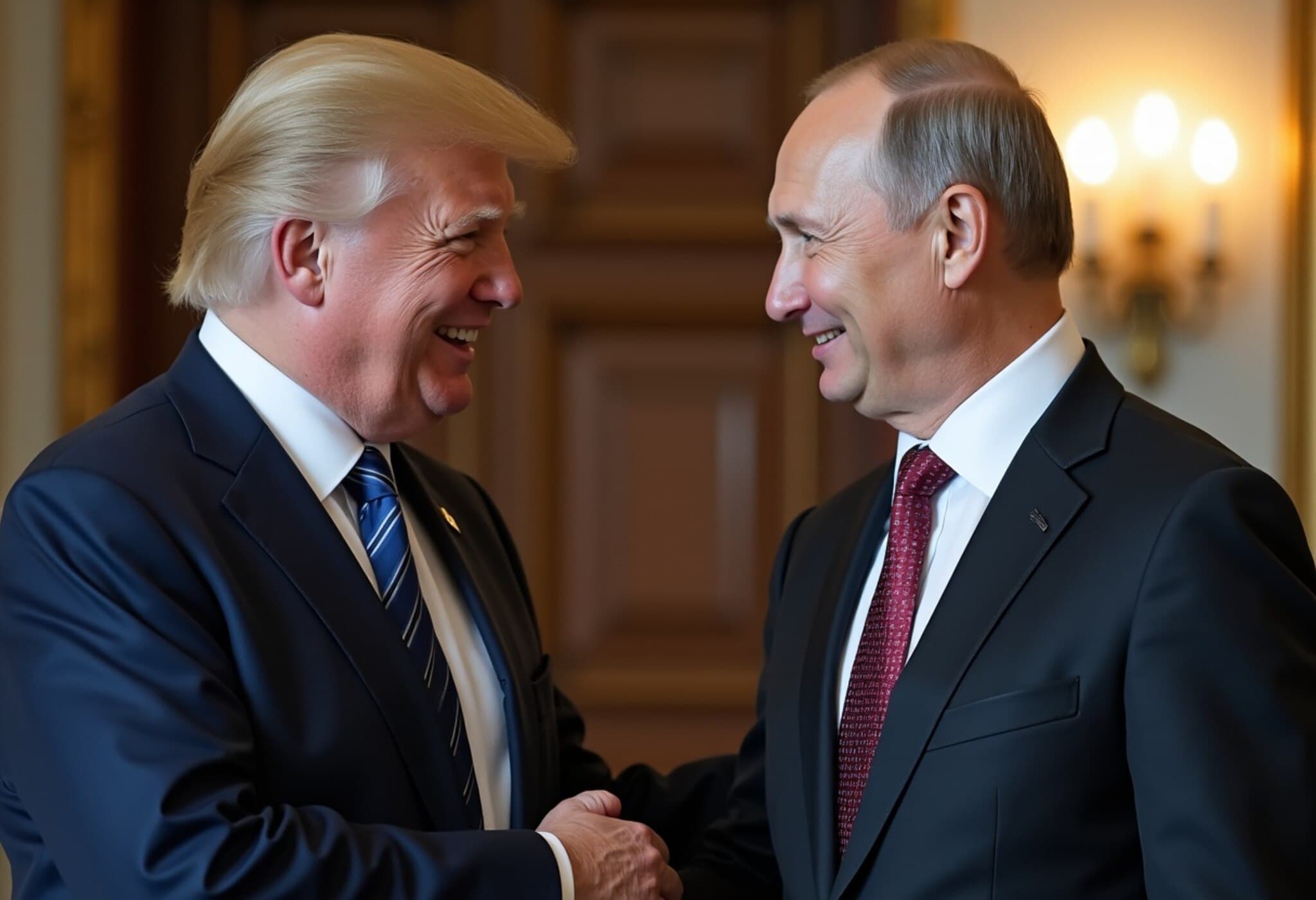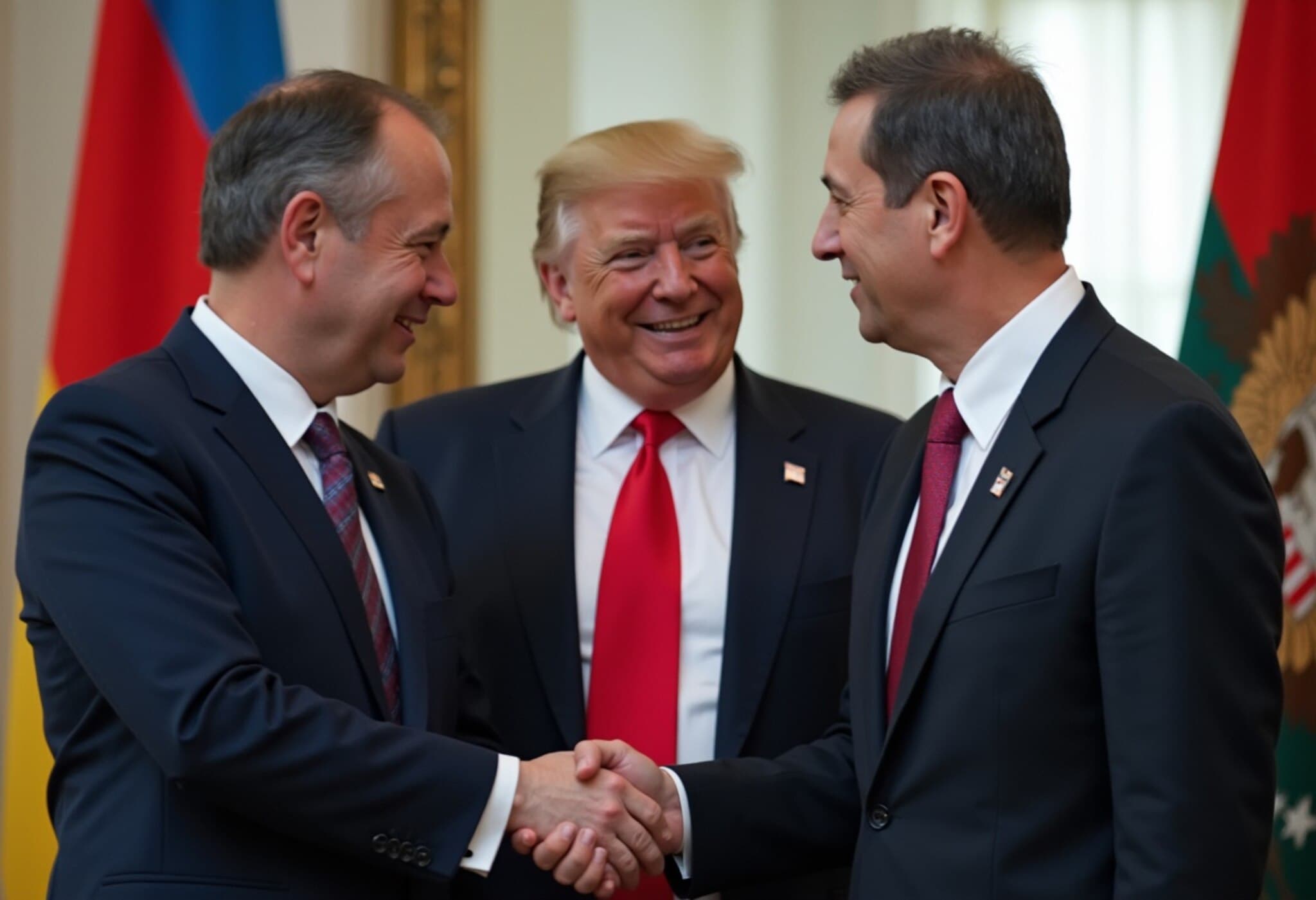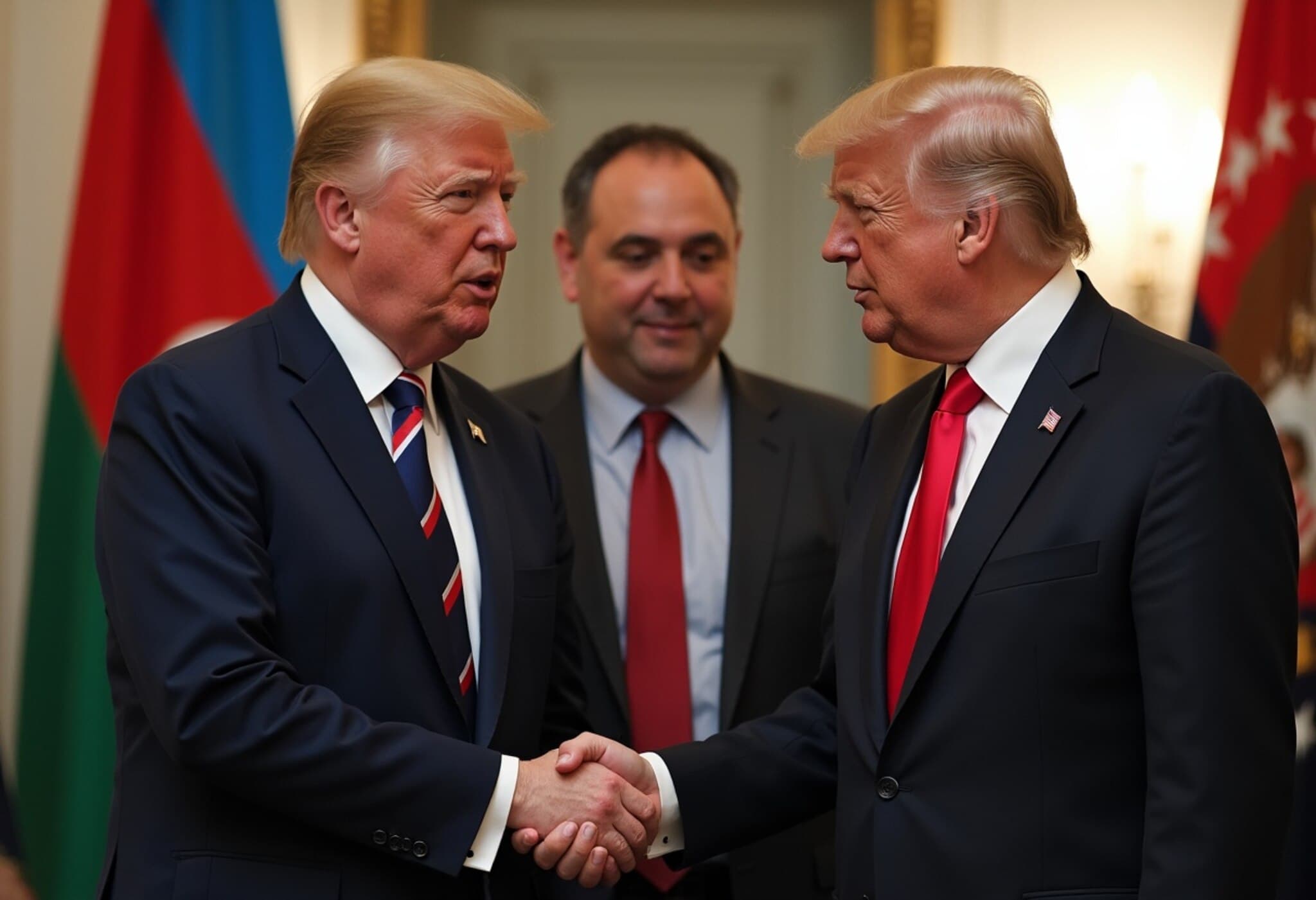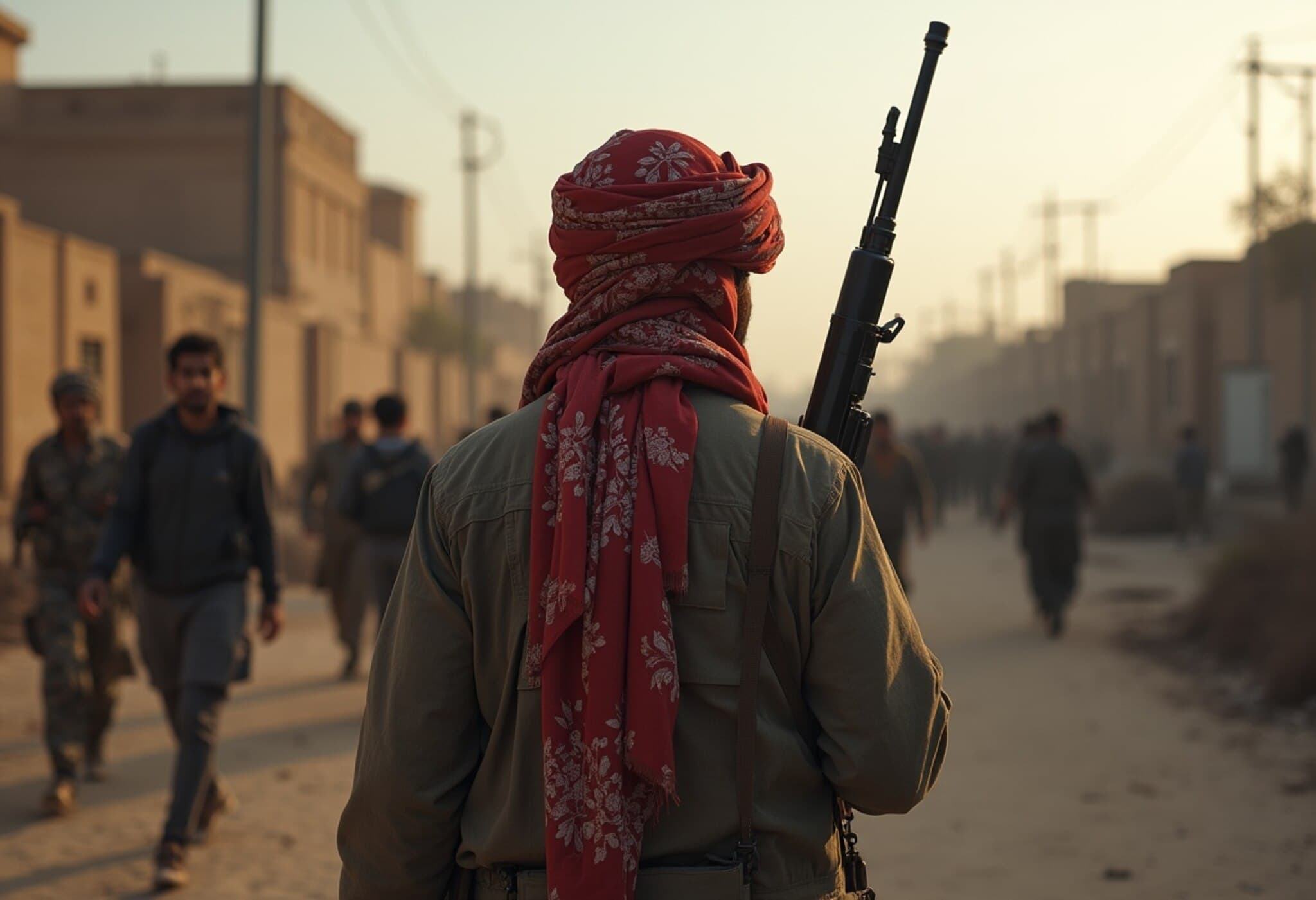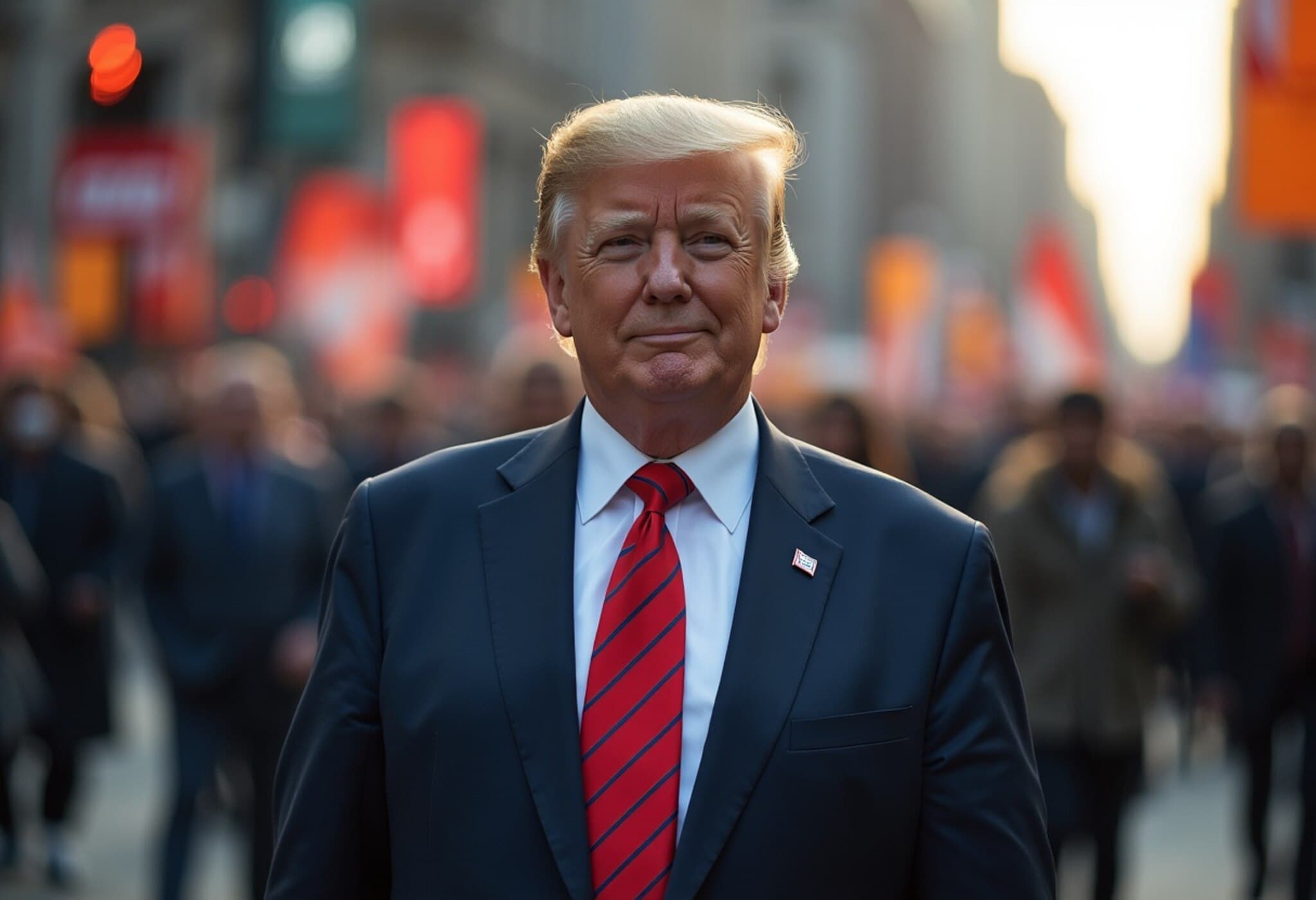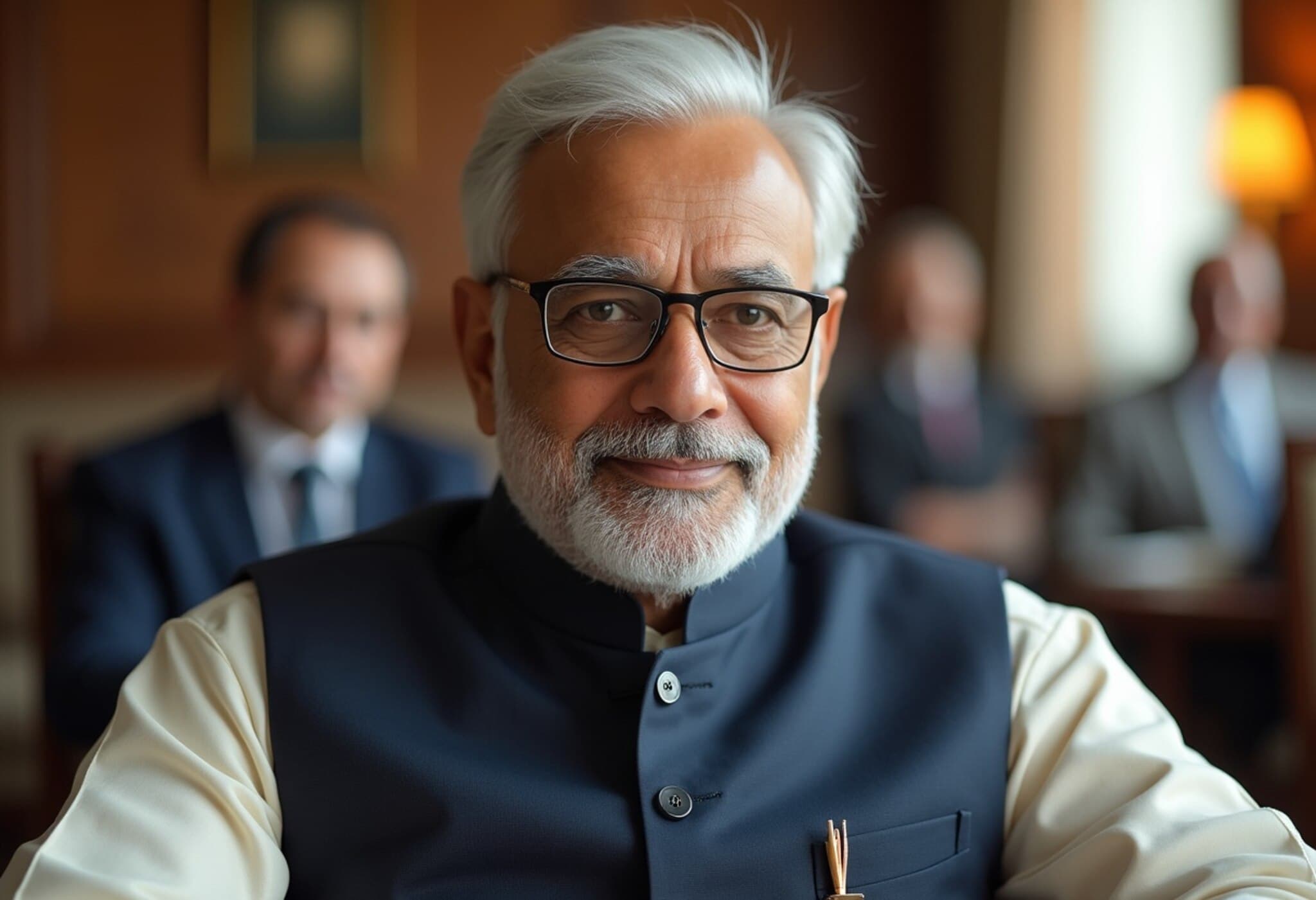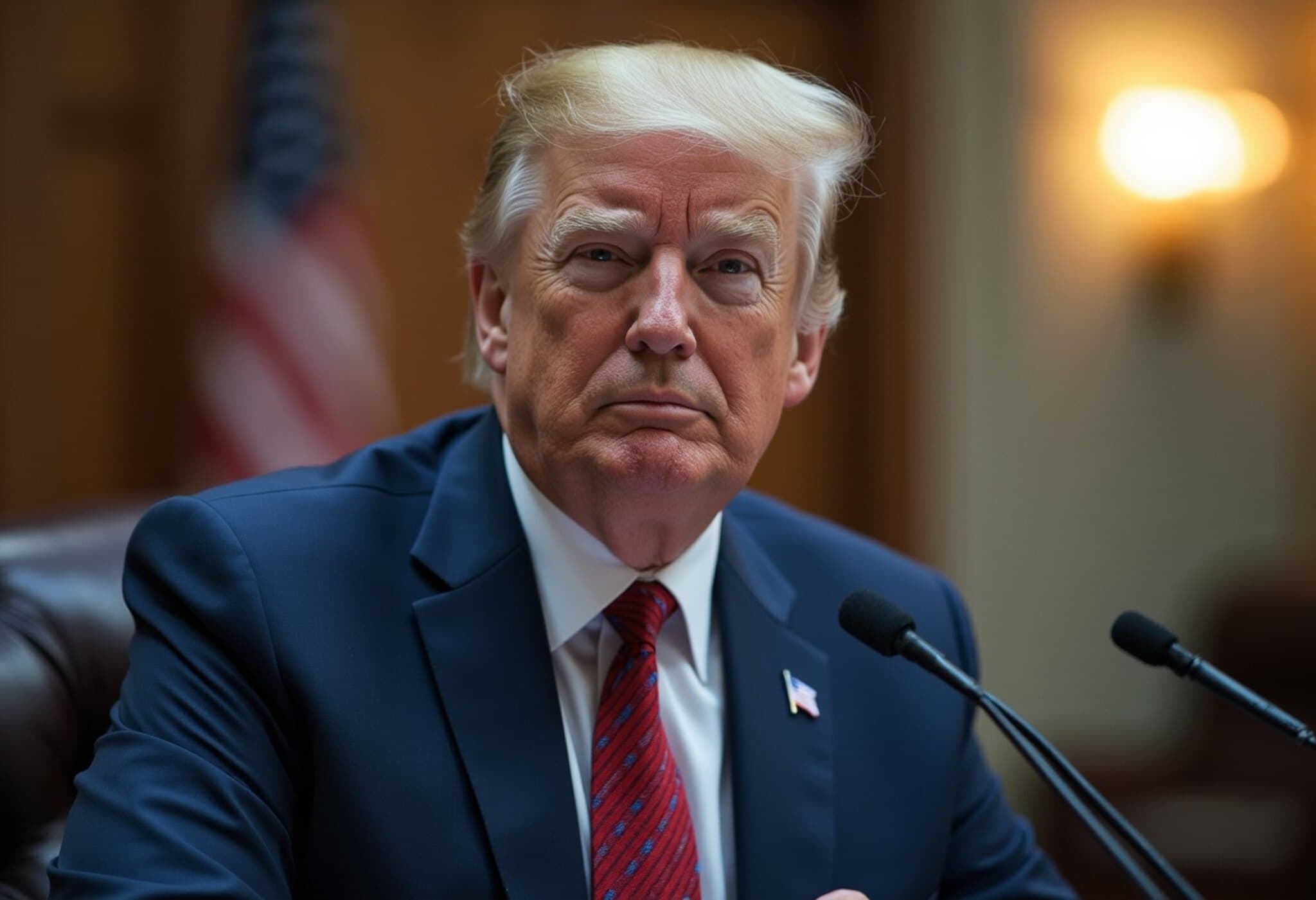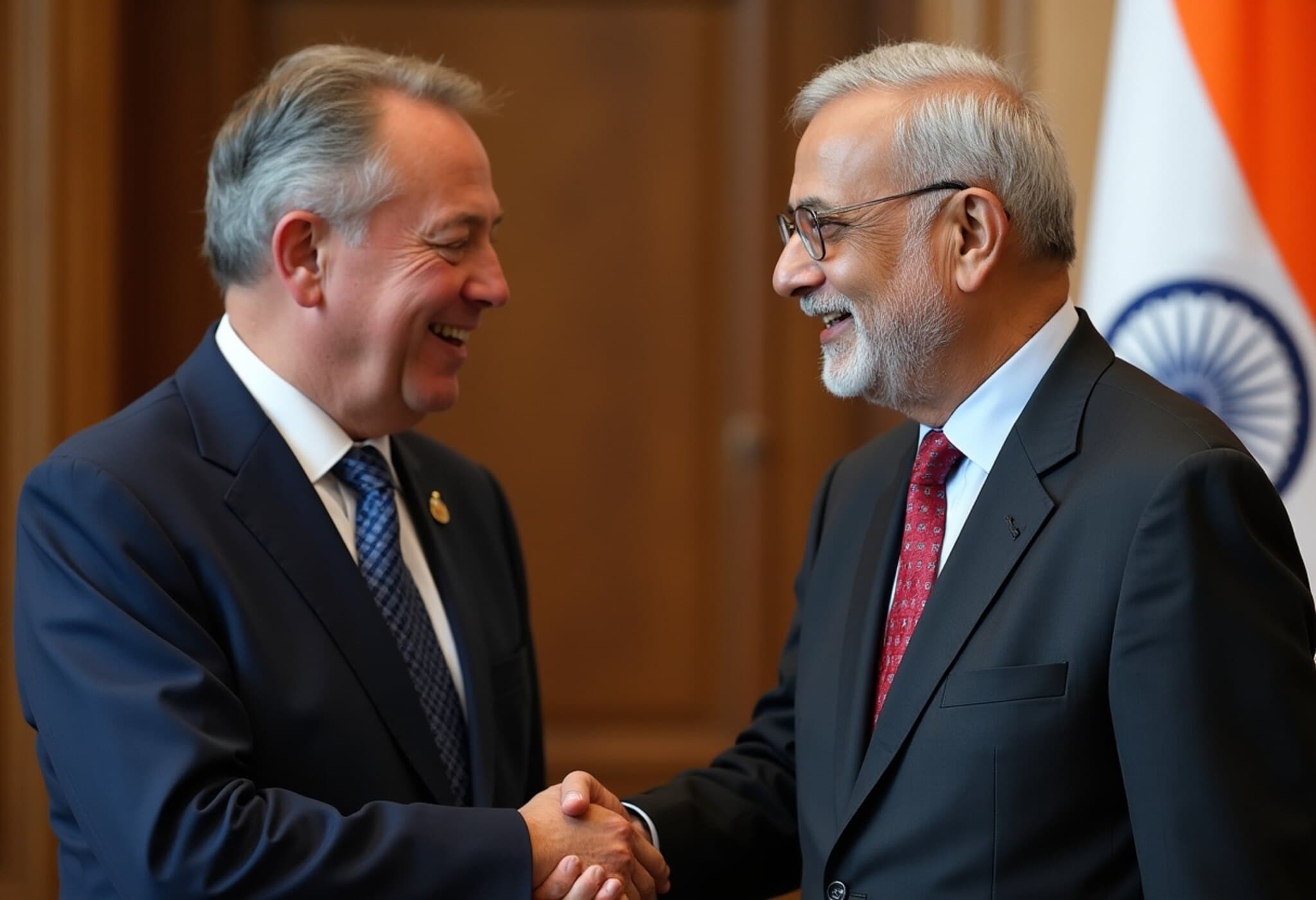India Welcomes Armenia-Azerbaijan Peace Treaty as Diplomatic Breakthrough
On August 9, 2025, External Affairs Minister (EAM) S. Jaishankar warmly welcomed the recently signed peace treaty between Armenia and Azerbaijan, describing it as a significant diplomatic achievement. The agreement, brokered at the White House in Washington D.C., marks a hopeful step toward resolving a conflict that has spanned decades, reflecting a triumph for dialogue and diplomacy—principles that India has consistently upheld on the international stage.
In a heartfelt message on the social media platform X, Jaishankar shared his congratulations following a conversation with Armenian Foreign Minister Ararat Mirzoyan. “Good to speak to Armenian FM @AraratMirzoyan. Congratulated him on the Armenia-Azerbaijan Peace Treaty reached in Washington DC. This is an important achievement for dialogue and diplomacy that India advocates,” he stated.
Context: India’s Emphasis on Peaceful Diplomacy
India’s endorsement of this treaty aligns with its longstanding foreign policy grounded in peaceful conflict resolution and constructive dialogue. The South Caucasus region has historically been volatile, with the Armenia-Azerbaijan dispute over Nagorno-Karabakh causing extensive human suffering and geopolitical tension.
By lauding this agreement, India not only supports regional stability but also reinforces its role as a responsible global actor seeking to promote peace through negotiation rather than force.
Broader Regional and Global Implications
The Armenia-Azerbaijan peace deal comes at a critical juncture marked by unresolved conflicts worldwide. Notably, the ongoing war in Ukraine continues to draw international attention, with recent developments reflecting deep complexities. Leaders such as Vladimir Putin and Donald Trump plan to meet in Alaska on August 15 for talks aimed at addressing the conflict, although Ukrainian President Volodymyr Zelenskyy has firmly opposed any peace moves excluding Ukraine’s participation.
- Zelenskyy emphasizes that any decisions taken without Ukraine’s consent are effectively decisions against peace.
- He has called on allied nations, including the United Kingdom and the European Union, to take decisive action towards sustainable peace.
- National security advisors from Kyiv’s allies are coordinating closely to present a unified position ahead of the summit.
This contrast highlights how peace processes vary widely in complexity and international involvement. The Armenia-Azerbaijan treaty, facilitated with significant U.S. involvement, demonstrates a path where effective diplomacy can yield tangible results in entrenched conflicts.
Expert Insight: The Path Forward for Fragile Peace Agreements
While the Armenia-Azerbaijan pact offers hope, experts caution that sustaining peace requires ongoing commitment and monitoring. Confidence-building measures, economic cooperation, and inclusive dialogue involving civil society groups are essential for long-term reconciliation.
India’s support can further encourage multilayered engagements, promoting regional development and people-to-people connections between Armenia and Azerbaijan. Moreover, given India’s growing strategic ties with both nations, it is well poised to act as a facilitator of sustained dialogue in the South Caucasus.
Conclusion
The peace treaty between Armenia and Azerbaijan represents more than just the cessation of hostilities—it signifies the enduring power of diplomacy and the international community’s role in conflict resolution. As global tensions persist elsewhere, including in Eastern Europe, India’s endorsement signals its commitment to fostering peace through patient and principled diplomacy.
This development serves as a reminder that even the most protracted conflicts can find pathways to peace when stakeholders commit sincerely to dialogue. However, it raises vital questions about the replicability of such diplomatic successes—particularly in conflicts where key parties feel excluded or marginalized, as seen in Ukraine. Observers and policymakers should watch closely how the Armenia-Azerbaijan agreement unfolds on the ground and consider how India's diplomatic posture can influence other peace processes globally.

